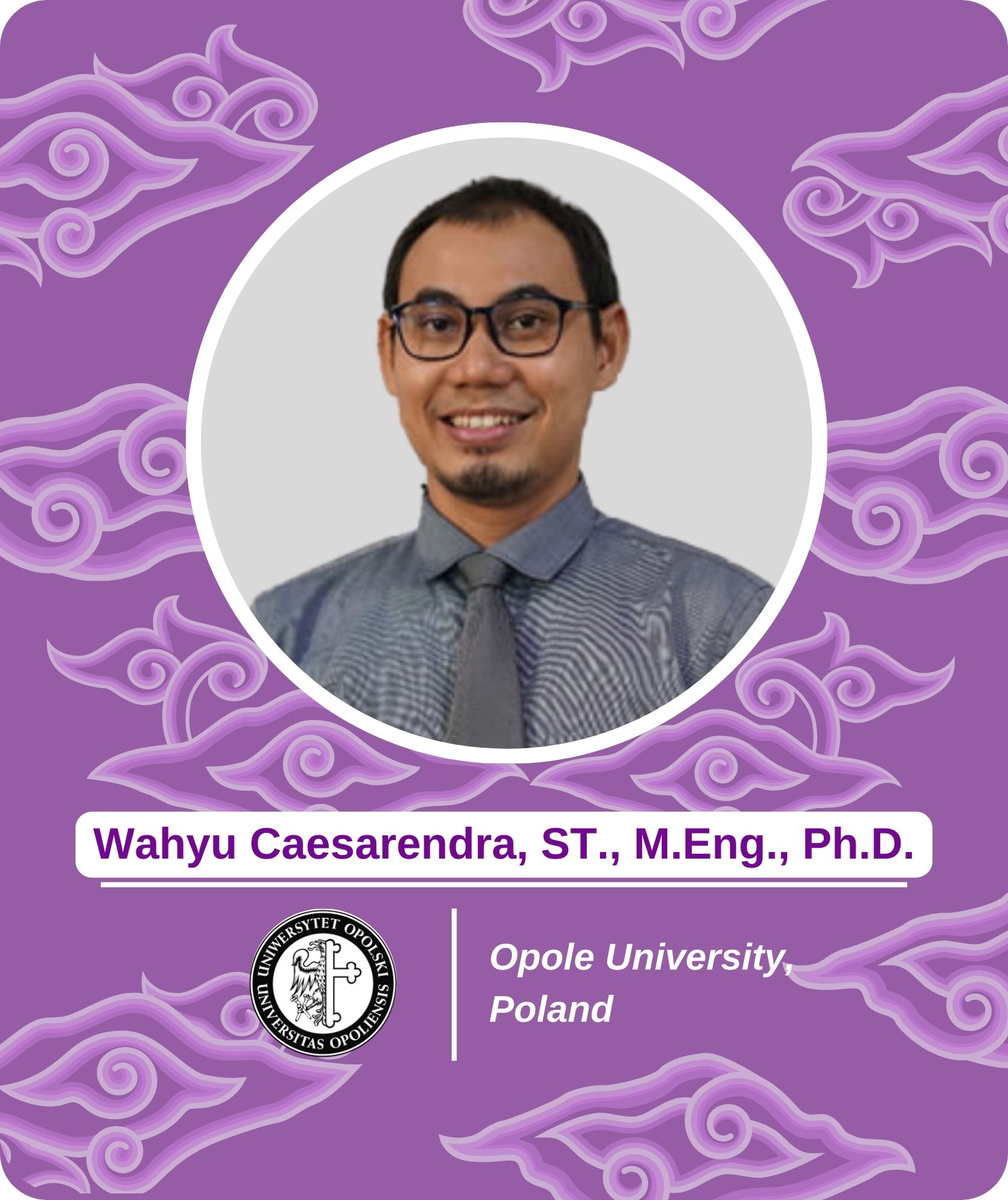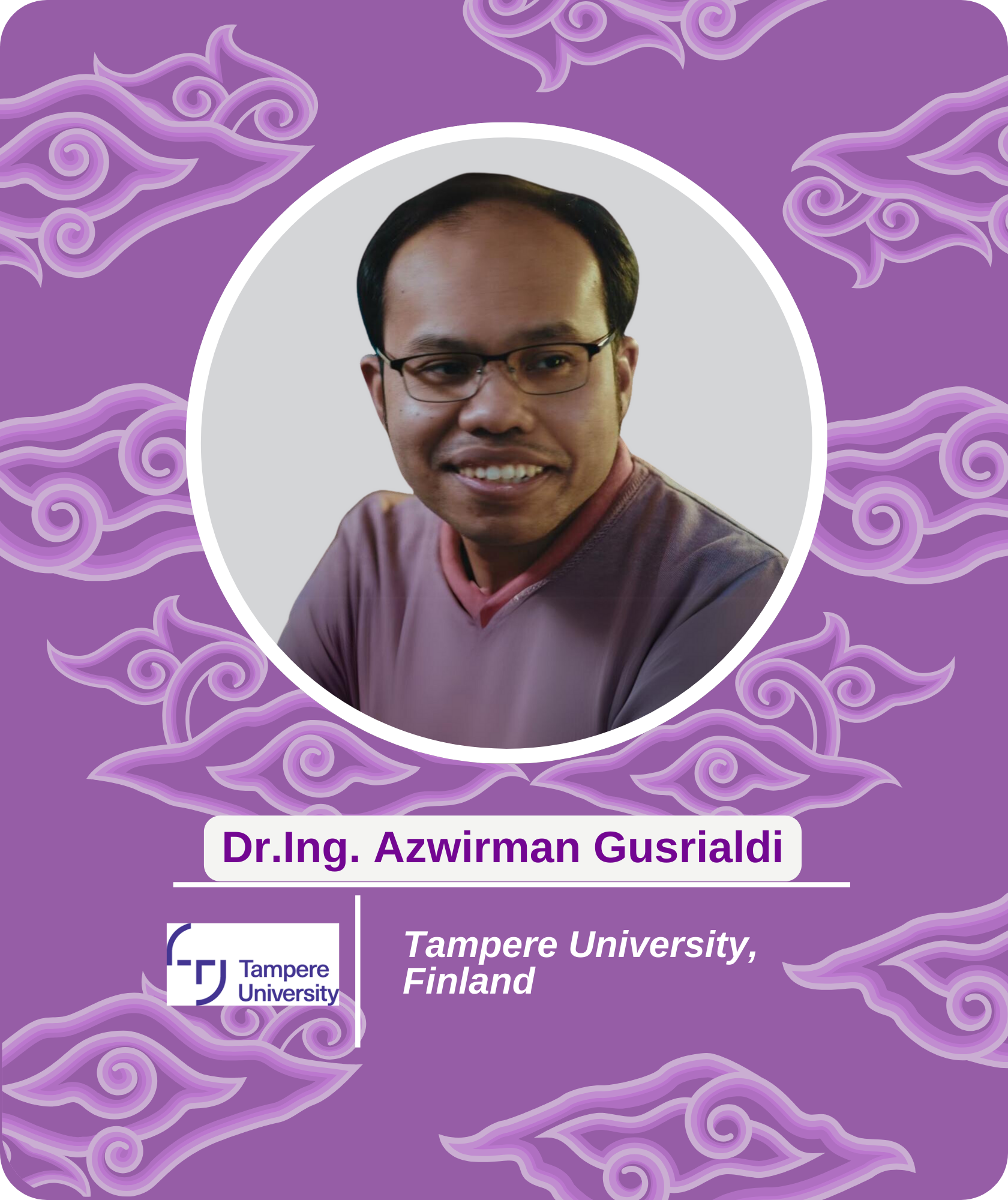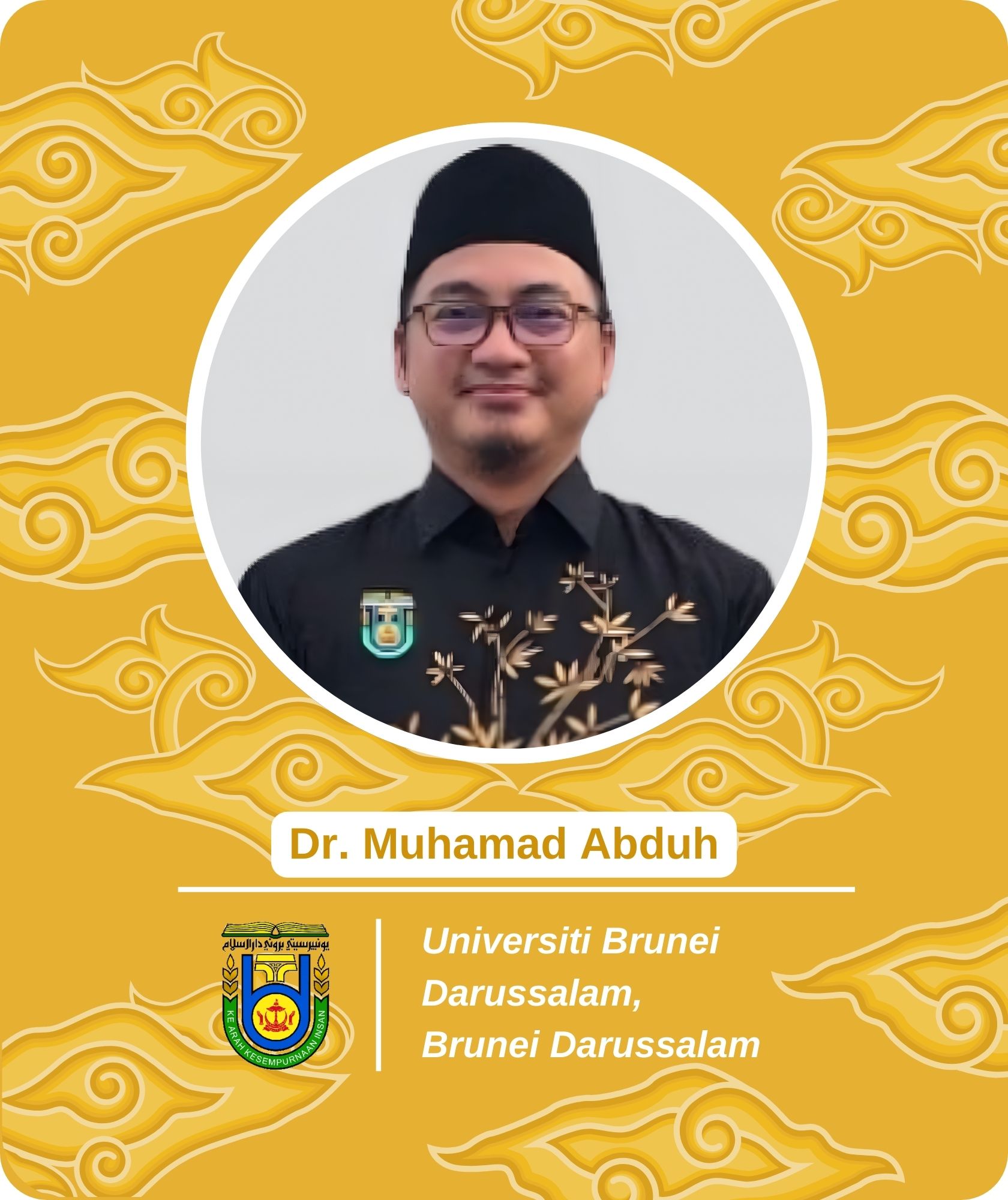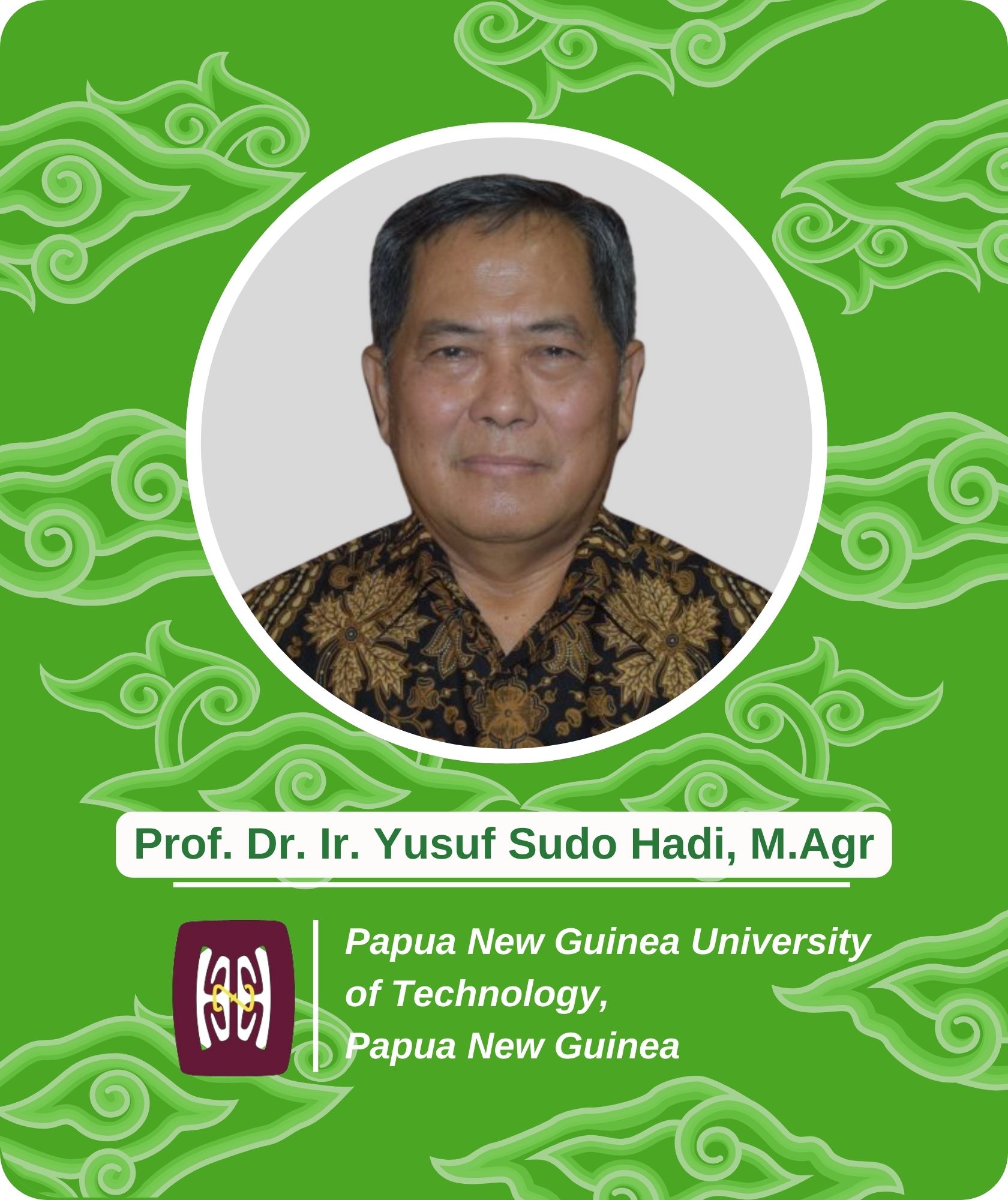Sunda Strait Tsunami's Impact on SDGs. A Change in The Welfare of The Tsunami Survivor's Family
This title will be presented on Friday, December 15, 2023 at 08.55-09.05 GMT+7
Abstract
This title will be presented on Friday, December 15, 2023 at 08.55-09.05 GMT+7
The Sunda Strait Tsunami in December 2018 followed by the COVID-19 pandemic devastated the lives of the affected families in long-term. This research aims to analyze recovery of the Sunda Strait Tsunami’s affected families in terms of poverty status, food security, and family welfare. The changes observed in four time points of post-tsunami (3, 12, 16, and 20 months) to see the recovery progress. There were 120 families participated in this research, categorized into two groups: refugees and non-refugees. Up to 20 months after the tsunami, family economic downturn and it had only recovered by 40% before tsunami. A sharp increase in poverty occurred in the first three months after the tsunami, then gradually decreased. The families continued implement food coping strategy (as indicator of food security), although the intensity gradually decreased. The COVID-19 pandemic (data on April 2020) had reduced family income which had begun to improve, thereby increasing the number of poor families again. During the pandemic, the families carried out more coping strategies for food, and the refugee families showed higher food insecurity. There were not significantly different of family subjective welfare between two groups at the three post-tsunami time points. However, non-refugee families had significantly higher objective welfare than refugee families. This study indicates that family resilience is a key indicator of the successful integration of disaster risk reduction into SDGs.




















